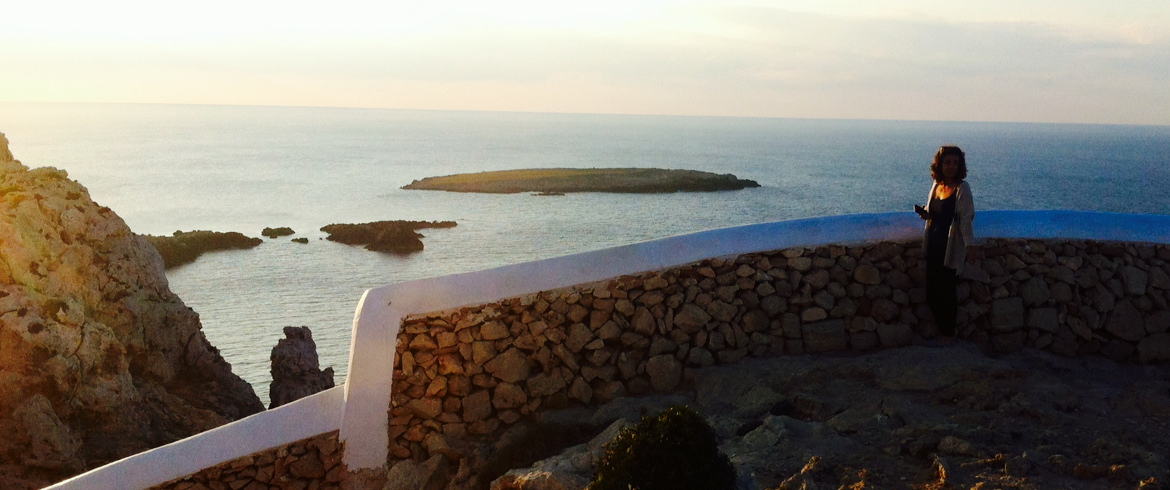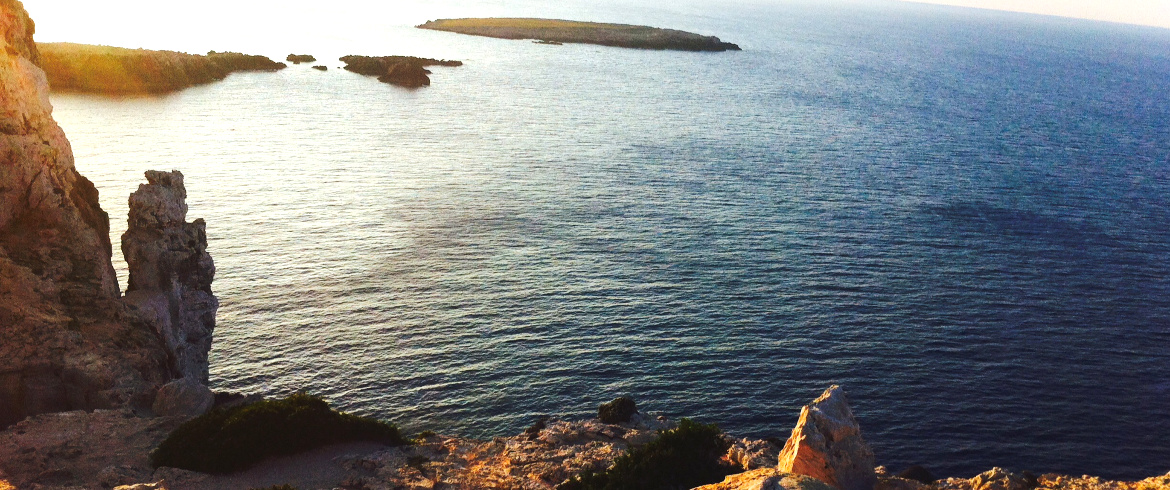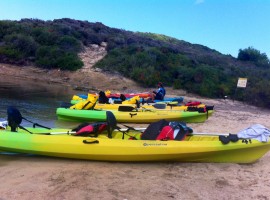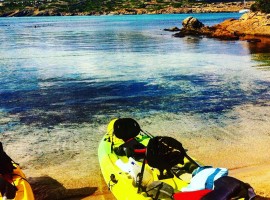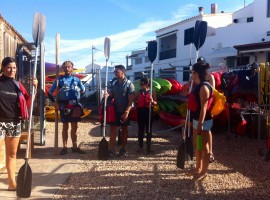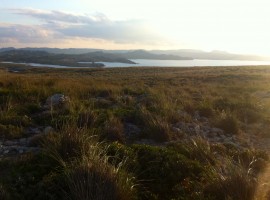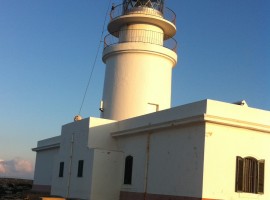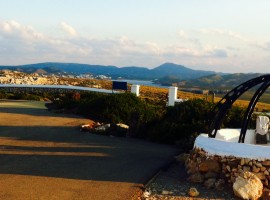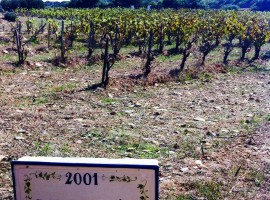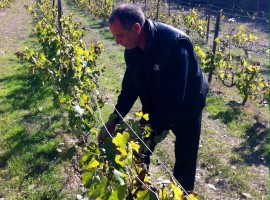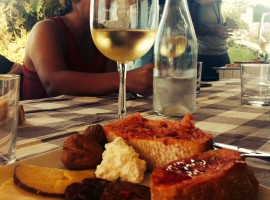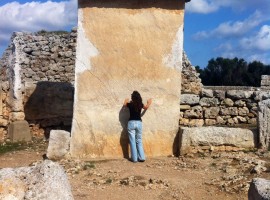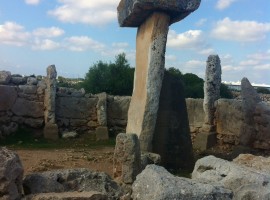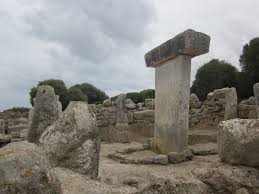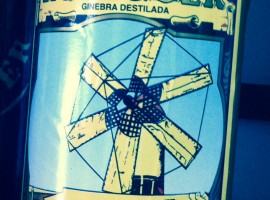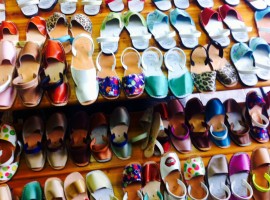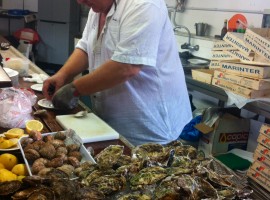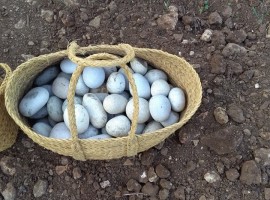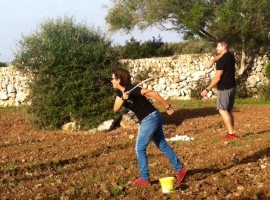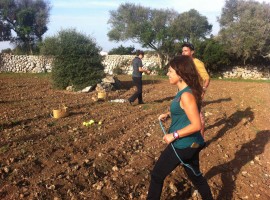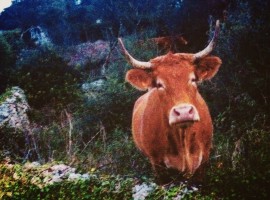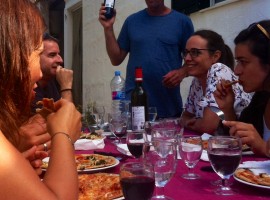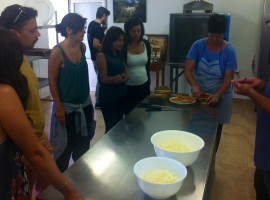At S’Albufera d’Es Grau Natural Park, Menorca is a paradise to explore. Two thousand hectares of unspoilt nature, romantic landscapes, crystal clear water and secret coves to discover by a trip in kayak. And then: organic farms, exclusive wine shops, archeologic sites, shopping and nightlife. Are you ready to go?
Three days to the discovery of one of the most characteristic spots of Menorca Island: S’Albufera d’Es Grau Natural Park, a real naturalistic pearl.
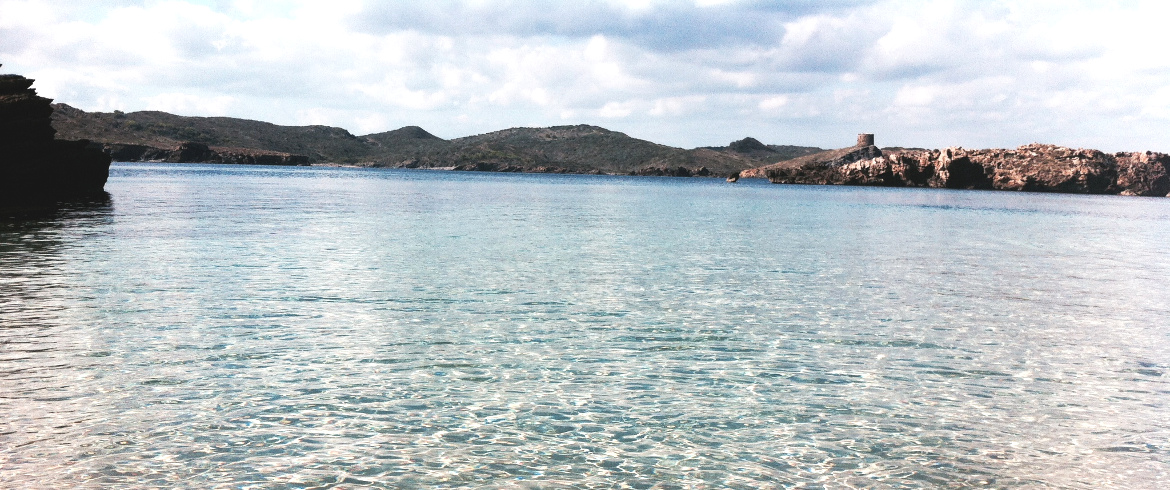
Menorca, Balearic Islands. A little treasure in the Mediterranean Sea: its natural heritage is reach in unspoilt landscapes and ecosystems.
S’Albufera d’Es Grau Natural Park has a great variety of flora and fauna.
A natural space of about 2.000 hectares covers the north-east side of the island.
The saline lagoon will grab your attention in the varied ecosystem. It is the perfect place to admire the bird reserve of the island. A paradise for whoever loves birdwatching.
By kayak to the discovery of the most secret corners of S’Albufera d’Es Grau Natural Park
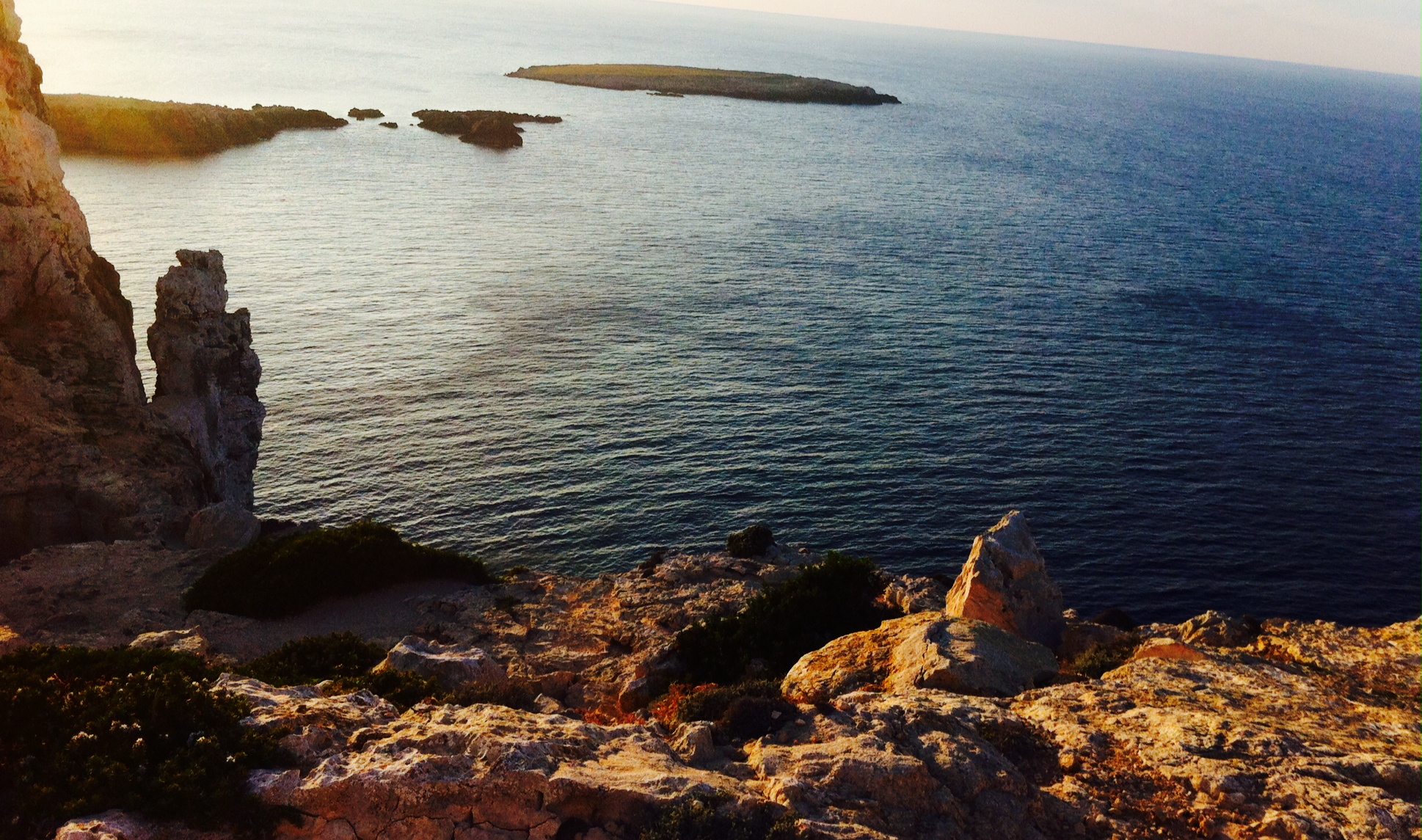
- kayaking, photo by C. Vecchi
- kayaking, photo by C. Vecchi
- kayaking, photo by C. Vecchi
Day one in s’Albufera d’Es Grau Natural Park (Minorca)
Today Menorca gives us a summer-like day, which is perfect to do some water sports.
Albufera Des Grau is our destination and we will discover it by kayak. While the tour guides tell us about the territory, we paddle through secret and protected inlets and coves. The sea has crystal clear water and is unusually calm in this extraordinary October (the island is known also by the name the wind island).
Passing by rocks, we can see fossils of autochthonous goats. Then, we pass over the posidonia beds (a key element in the protection of the coasts: Menorca is a Biosphere Reserve since 1993)
Living Menorca by kayak will be a unique experience. This way indeed, you will be able to see and admire every corner of this little pearl in the Mediterranean Sea. A voyage in direct touch with nature, full of vegetation and still unspoilt.
- wild landscapes, photo by C. Vecchi
- white lighthouse, photo by C. Vecchi
- photo by C. Vecchi
In the afternoon we go to the north-centre part of Mahon, where an incredible and wild territory is waiting for us. Here there are only small farms, grasslands, hills and cereal fields.
First of all we head to Cap de Cavalleria, the long narrow strip of land where a big white lighthouse 90 metres high marks the northern extremity of the island. At the bottom of the lighthouse you can see the quarry from which the stones were taken to build its tower. There are also herds of goats grazing quietly.
Finally, we get to the northern coast by the end of the day. Here, the
Faváritx lighthouse stands out against the surrounding dark landscape.
Bio wine shops, ancient Taulas and shopping at Mahón arbour
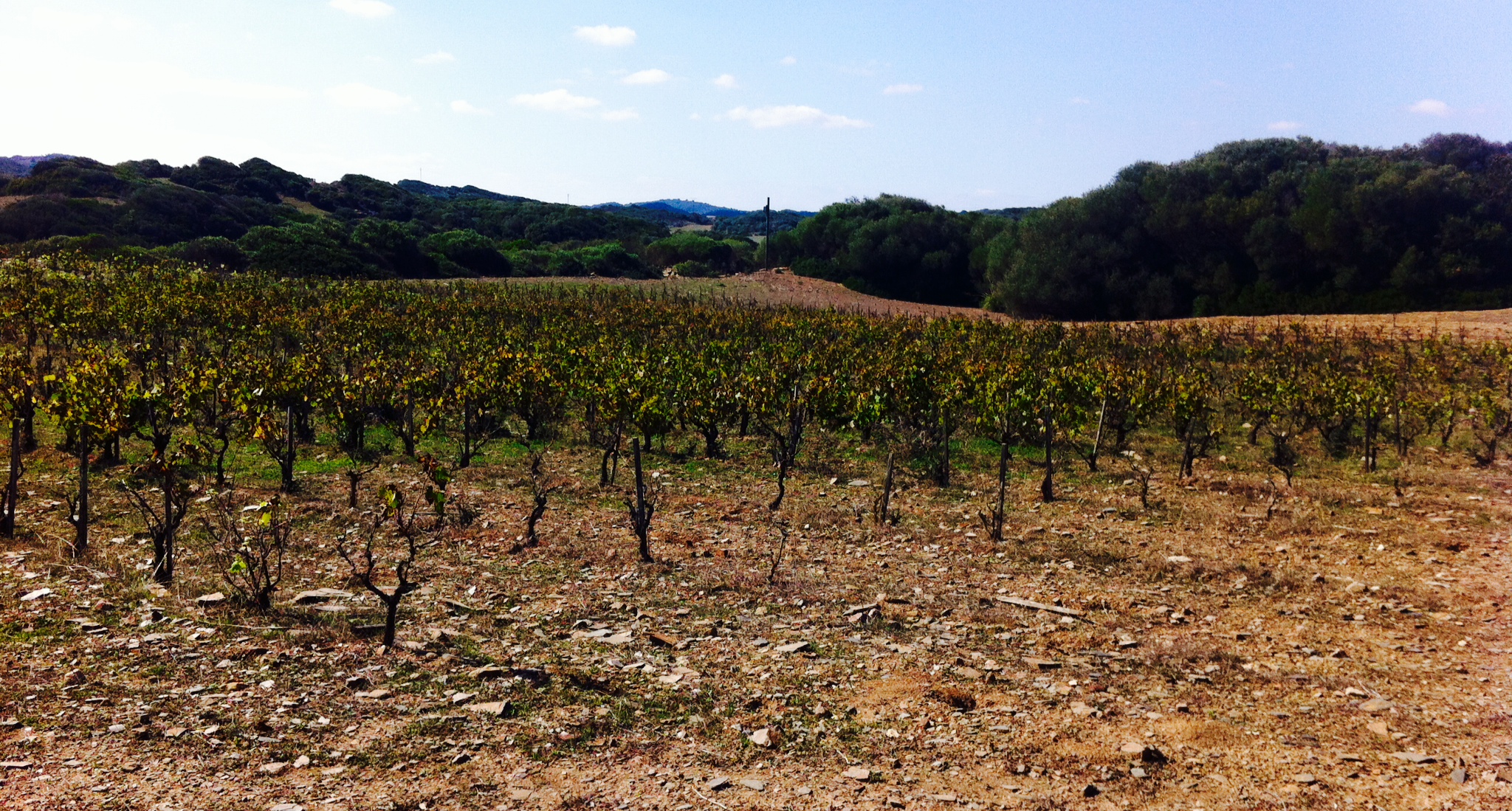
- photo by C. Vecchi
- photo by C. Vecchi
- photo by C. Vecchi
Day two in S’Albufera d’Es Grau Natural Park (Menorca)
We leave early this morning. Our destination: Algendaret Nou, one of the first bio farms of the island.
One of the tastiest gastronomic products of the island is certainly Queso de Mahon-Menorca, which is one of the most appreciated cheeses of the Balearic Islands and Dop since 1985.
In this quiet farm, managed by the family, cheese is produced in a very sustainable way. Onofre, Cisca and their son Raul work all together to the realisation of healthy food for the surrounding area. They produce not only cheese, but also everything the earth can give.
In the afternoon we see the “Taulas”, which are religious monuments that you can find only in Menorca. These are made of enormous scratched stones, arranged forming a “T” and similar to big tables (taula) that can measure from 2 to 10 meters. Their function is said to be a religious one, so they were religious places.
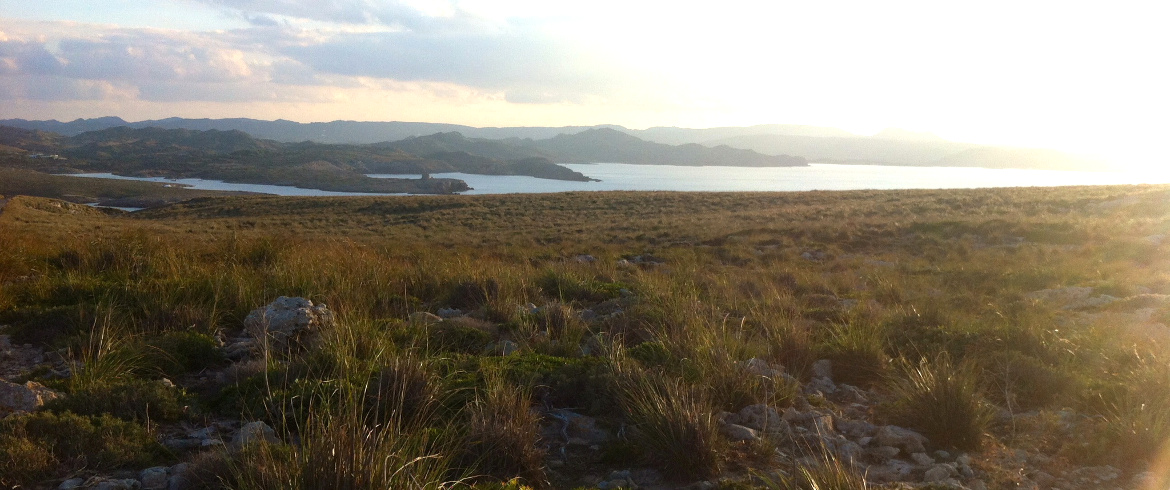
- Taula on Menorca island, photo by C. Vecchi
- Torralba D’en Salor Taula, photo by C. Vecchi
- Taula on Menorca island, photo via Wikimedia
And lastly, we could not miss a “paseo” in the harbour town of Mahón. Nowadays at the harbour (Baixamar), the old houses of the fishermen are transformed into modern locals for the nightlife.
It is a cosmopolitan town where you can do so many things that you will be spoilt for choice: shopping, churches to visit, art galleries. The fish market is a must: it is an octagonal building where you can eat and listen to live musical performances, too.
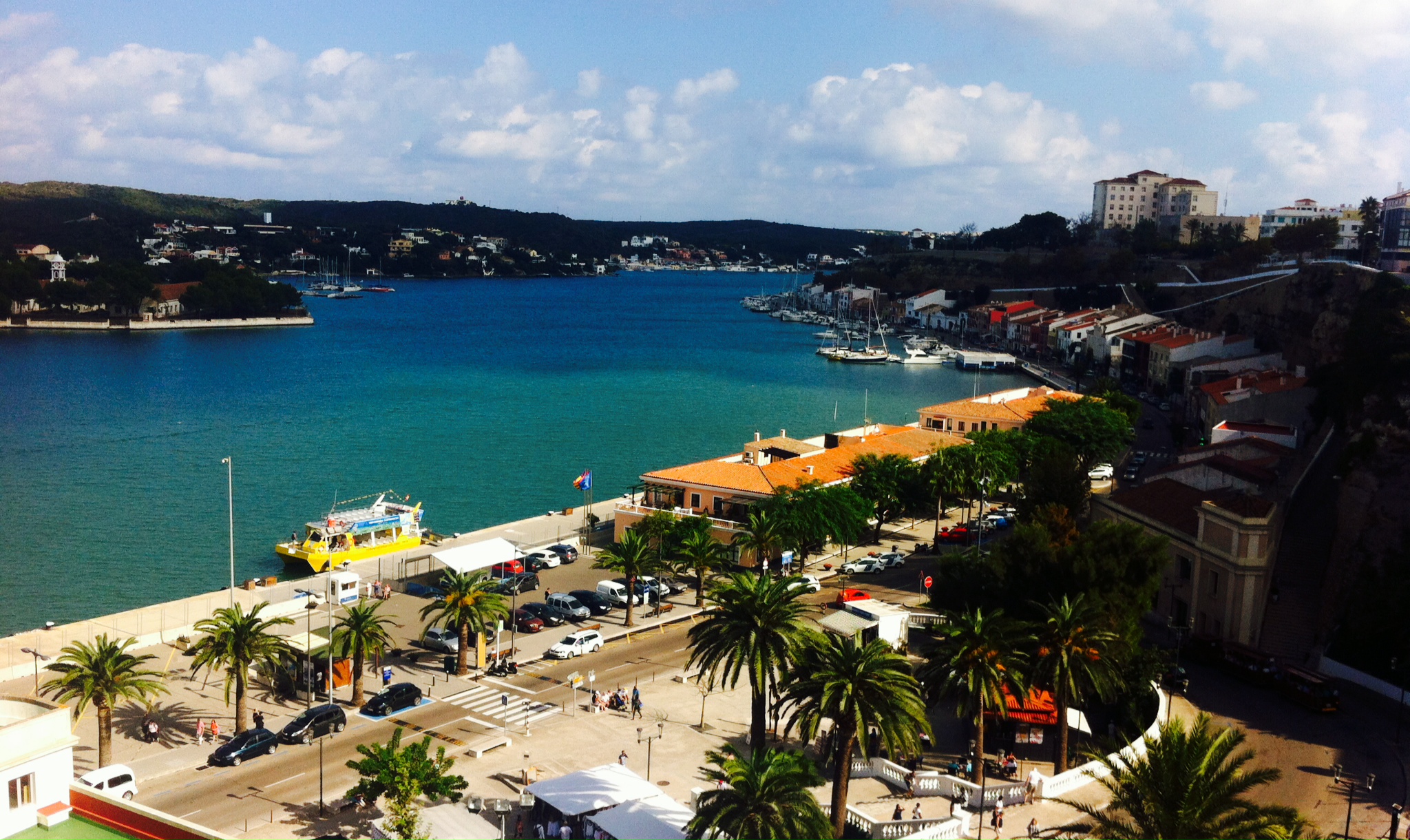
- gin menorquí, photo by C. Vecchi
- minorquine shoes, photo by C. Vecchi
- fish market, photo by C. Vecchi
We visit and buy some excellent local products, cornerstones of the island: “gin menorquí” and the shoes named “minorquine“.
The gin is made out of juniper berries and it is loved and drunk by everyone. Indeed, it became the national drink. The real Menorca inhabitant is someone who wakes up in the morning drinking a “ginet”, as to say, a small glass of gin. You can find the green bottle of the gin distillery Xoriguer in every bar. The juniper berries used to create this liquor come most of all from the Pirenei.
Also the shoes, which are made of leather, are successful thanks to their high quality and original design.
Time travel through the Tayalotic sites… plus green stop in farm
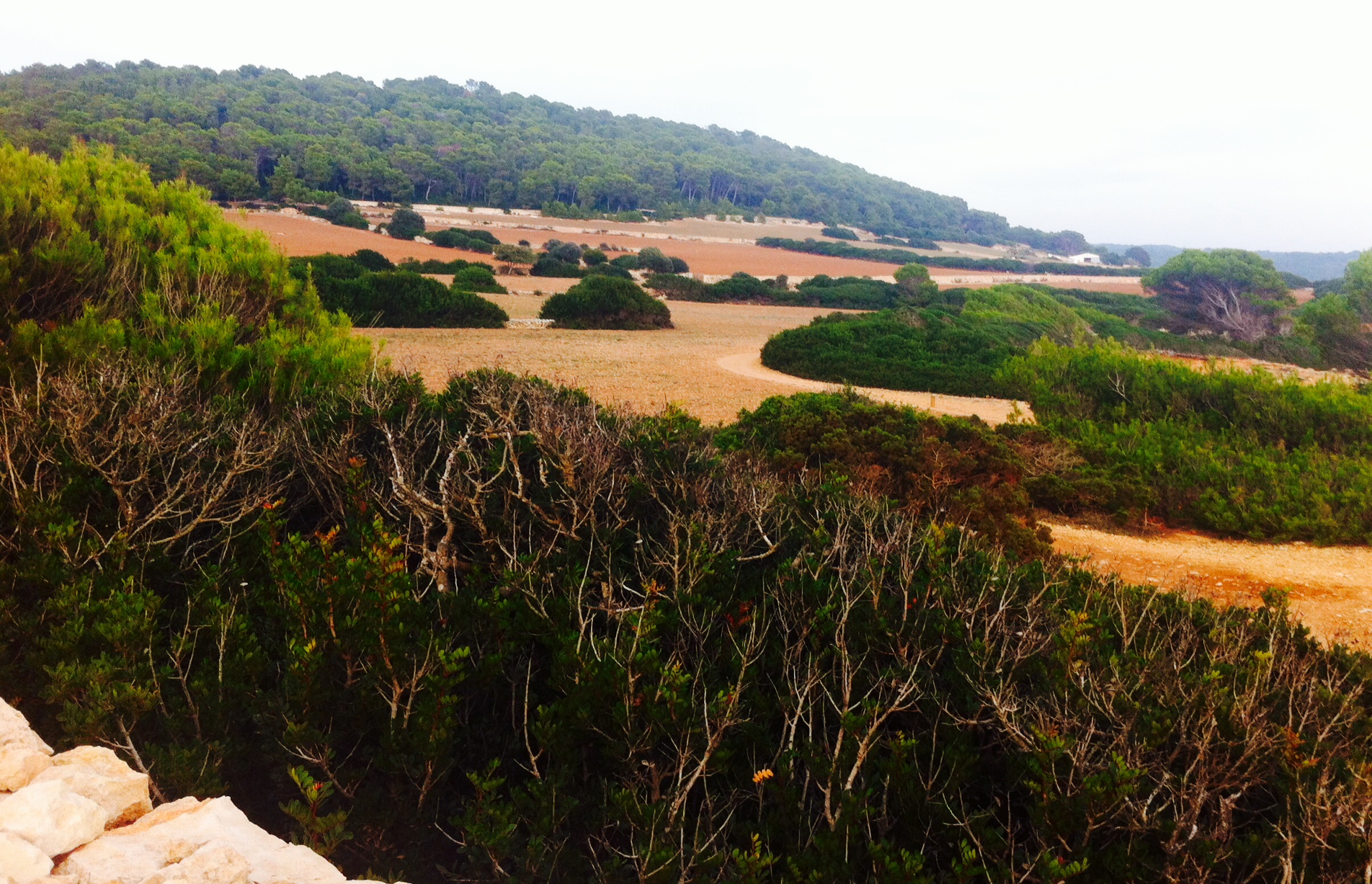
Day three in S’Albufera d’Es Grau Natural Park (Menorca)
The last day in Menorca begins with a unique experience at Sa Cudia Cremada, a time travel that brought us back to the Punic Wars on the island.
Sa Cudia Cremada is one of the 32 Talayotic sites that are on the list of the Spanish candidates of “Menorca Talaiotica” to become a UNESCO world heritage.
During the Punic Wars, the mostly used weapon against enemies was the slingshot. Today it is the most popular sport in the Balearic Islands and Evian and Maria, the regional champions, tell us some curiosities about this instrument (handmade, it can be made out of three different materials). They say that you can also use hand-polished stones and teach us the different techniques to throw (short, medium and long distance).
Then, it’s our turn: we have fun while we try awkwardly to imitate them (using tennis balls instead of stones!)

- Stones used for slingshot. Photo by C. Vecchi
- We play slingshot, photo by C. Vecchi
- Slingshot, photo by C. Vecchi
Immediately after this nice experience we head to “Marcona”, which is a sustainable farm specialised in the production of bread with local cereals.
The owner tells us how the agricultural development of the region is going on and the history of his territory. Born from nothing, it tries to survive thanks to all the products the earth can offer. He takes us to his laboratory where we can see how he works 3 of the 33 Menorca corns. Xexa is what he uses the most, which is reach in properties and vitamins.
Then, he cooks us a delicious lunch starting from a tasting of soppressata with bread and ending with pizza. All rigorously prepared using his own flour.
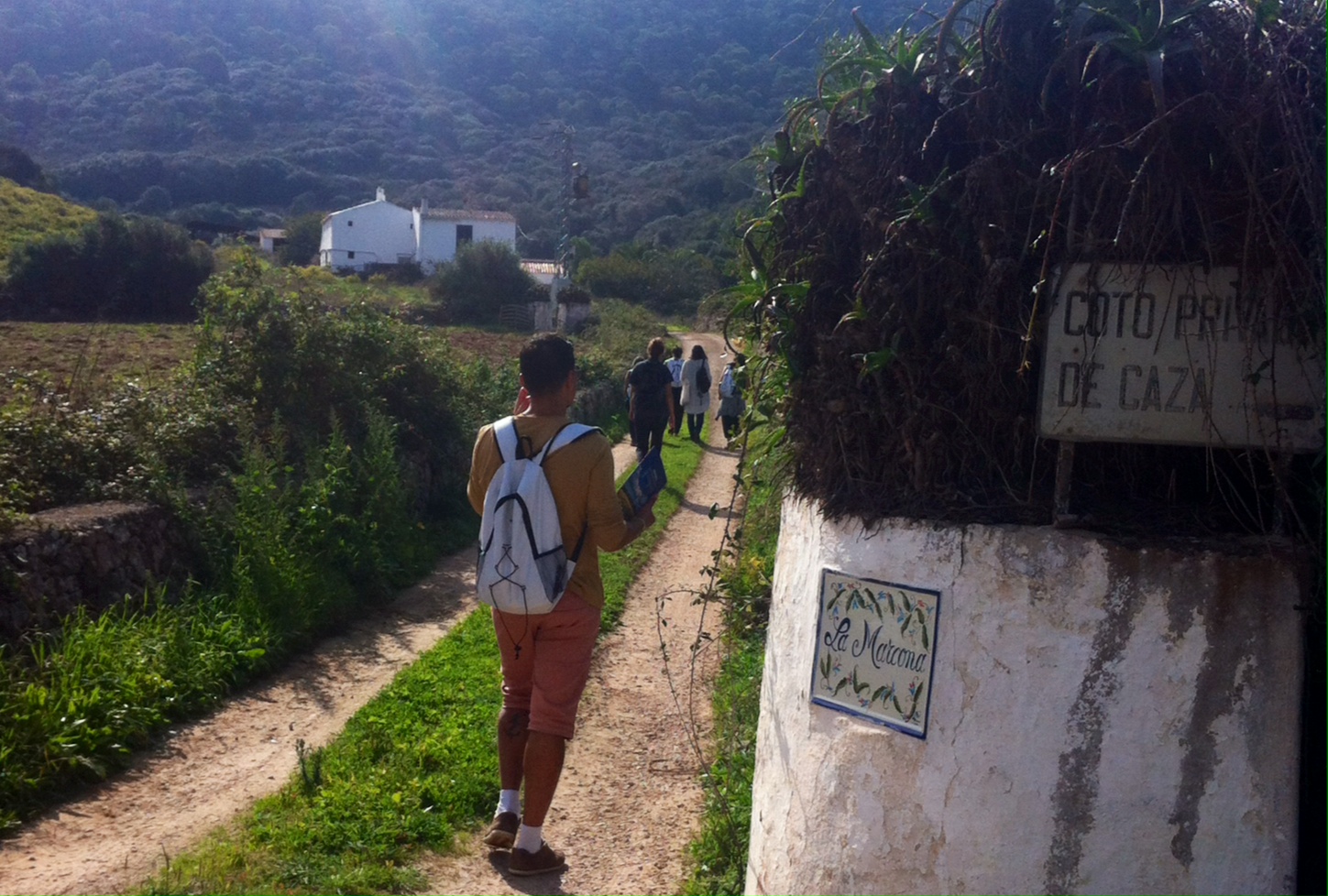
- photo by C. Vecchi
- photo by C. Vecchi
- photo by C. Vecchi
We raise our glasses to this naturalistic tour and to this enchanting island in a typical small restaurant in Mahon harbour, named El Vell Parrander. Here Pedro, the owner, entertains us with stories and traditional music.
It has been a fantastic journey and I feel myself alive because I’ve learnt a lot from this wild land, reach in vegetation and history, agriculture, intense perfumes and friendliness, always seeking a balance between man and biosphere.
I stop and breathe.
Bye Minorca, little big Island!
